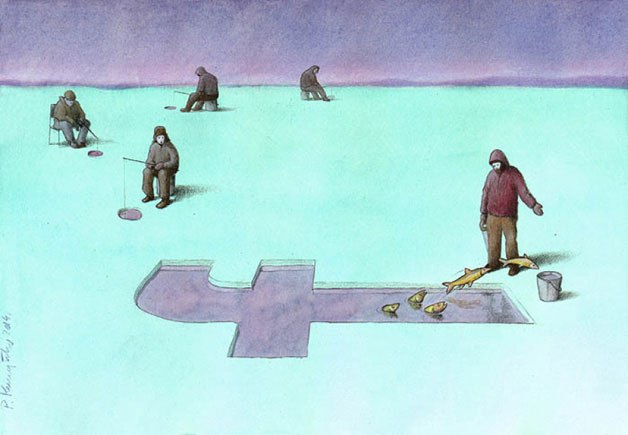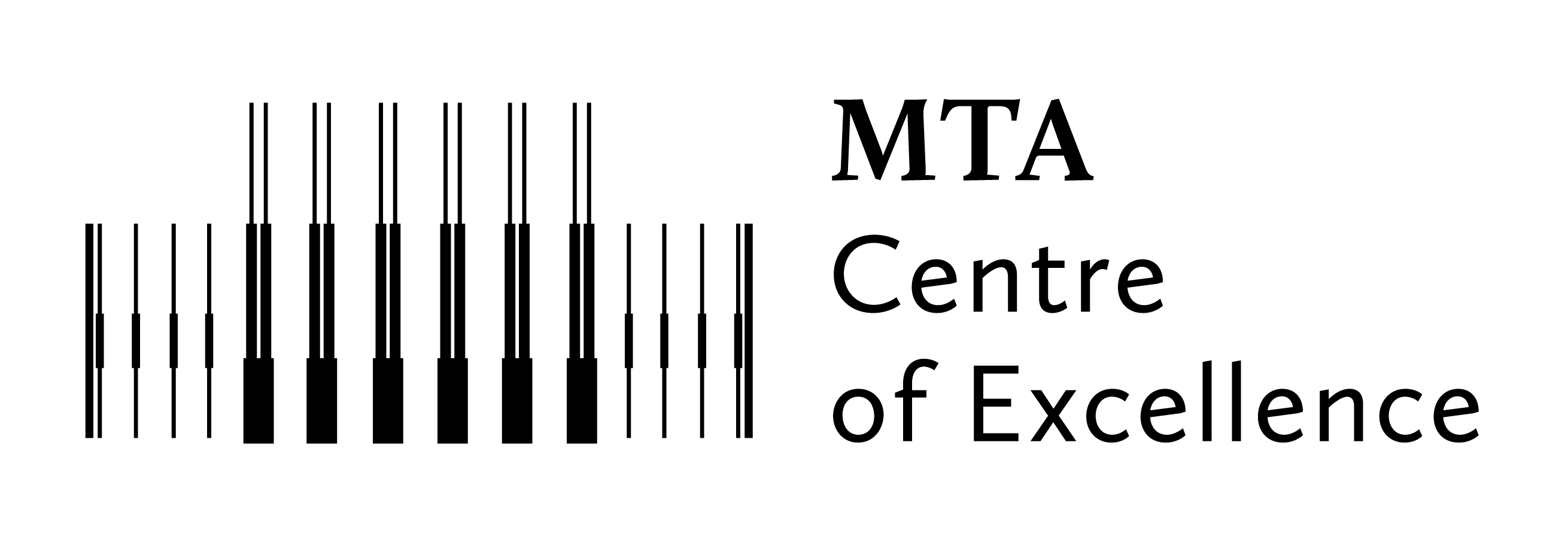We all feel that science filters publications more carefully than social media does. The rigorous pier review makes us to believe this. Citation of scientific publications is many times considered a proxy for measuring the impact of a work and for deciding its scientific value. In contrast with Science, Facebook posts (especially posts from individuals) usually don’t follow such refereeing procedure. Their popularity is decided democratically by the "shares" or "likes" they receive.

Share is definitely a much more selective appreciation resulting in a new post on Facebook, in close analogy with citation in a scientific publication. Motivated by the above analogy, in a recently published work [1] a team of researchers from the Babes-Bolyai University of Cluj and the Wigner Research Center in Budapest, compared the statistics of shares obtained for Facebook posts and citations received by scientific publications. To their astonishment they found that Facebook and citations statistics is pretty similar. Although the extra filtering induced by the Refereeing procedure in Science would suggest a modified dynamics.
The authors show in their publication about Facebook that two simple rules rules: exponential growth of the number of publications and the Matthew effect "For all those who have, more will be given" or “For whosoever hath, to him shall be given” (King James Bible). As They learn form this research, both of these conditions are fulfilled for publications in science and for Facebook posts.
The above finding brings back two questions the scientific community debates for a long time. The first one obviously refers to the Refereeing procedure: is it really needed by the scientific community in order to decide the scientific values of the publications, or simply let the scientific community decide its value democratically, like Facebook does with the posts? Many of the recently existing open-access preprint archives follow such policy. The second question concerns the scientific relevancy of the number of citations: is this a direct proxy for the scientific quality and/or importance of a work, or simply a popularity measure like the Facebook shares?
[*]
Citation: Neda Z, Varga L, BiroTS (2017) Science and Facebook: The same popularity law! PLoS ONE 12(7): e0179656. https://doi.org/10.1371/journal.pone.0179656Click here to read the article.



